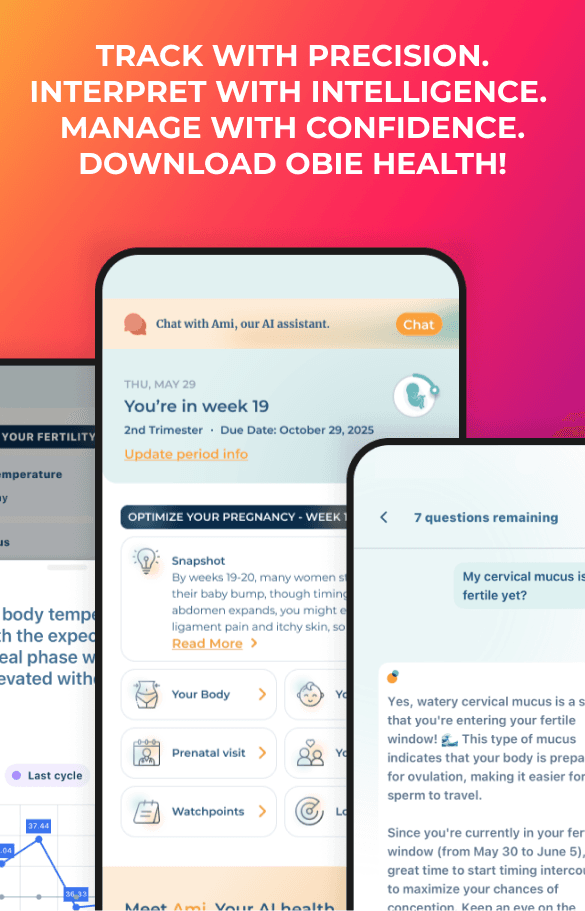Food Restrictions May Not be Necessary During Childbirth
Pregnancy News
Obie Editorial Team
When labor begins, food restrictions are typically enforced to protect the mother from possible pregnancy complications and/or side effects if a C-section delivery is needed. According to research completed at the University of Liverpool, such restrictions offer no benefit to the laboring mother and are ultimately an outdated practice that is not based on scientific research.
The study was written as an analysis of previous studies. In total, more than 3,100 childbirth cases were investigated. All women were deemed at relatively low risk of requiring a C-section delivery based on pregnancy health. Researchers collected data on mothers and infants and compared the data between the cases where the mother was allowed to consume food and drink during labor and those who were restricted from food and drink consumption. C-section deliveries, vaginal births and maternal satisfaction were measured in women and APGAR scores and blood glucose levels were measured in newborns. Researchers were unable to find a connection between eating and drinking during labor and childbirth and increased risk to the mother or the infant.
It is believed food and drink restriction was enacted after a study was published in 1946 in the journal Gynecology. According to the study, eating and drinking during labor caused potentially life-threatening complications in women who subsequently delivered via C-section. In the study, some women aspirated the contents of the stomach while under general anesthesia. Today, general anesthesia is not the first method considered for pain relief during C-section delivery. Spinal and epidural pain blocks are used most often, which leaves the risk of aspiration very low.
While comfort is a primary goal of easing food and drink restrictions during labor, there is also some evidence that eating light snacks and staying hydrated during labor promotes comfort and therefore eases the emotional, and possibly physical, the impact of labor and delivery.
No specific food recommendations were made by the study authors, but carbohydrates were mentioned. Carbohydrates provide prolonged energy and they are easily digested, minimizing the risk of gastrointestinal discomfort.
Source: Mandisa Singata, Joan Tranmer, Gillian ML Gyte. Restricting oral fluid and food intake during labour. DOI: 10.1002/14651858.CD003930.pub3.







